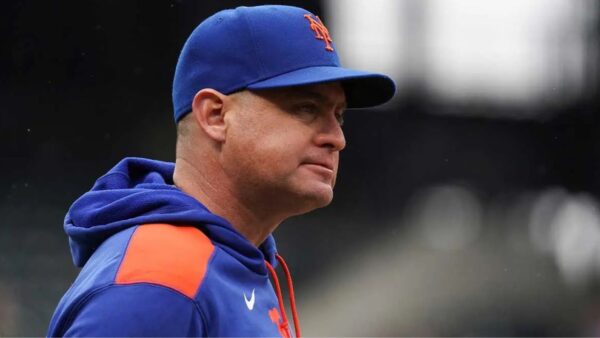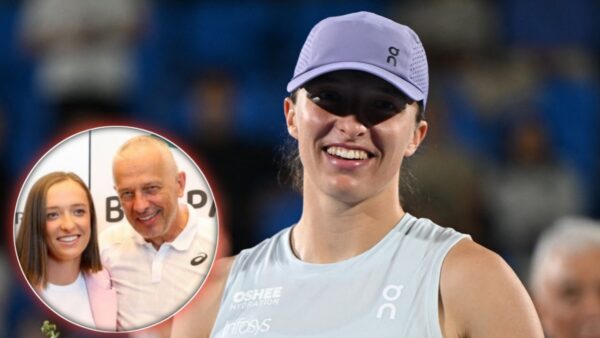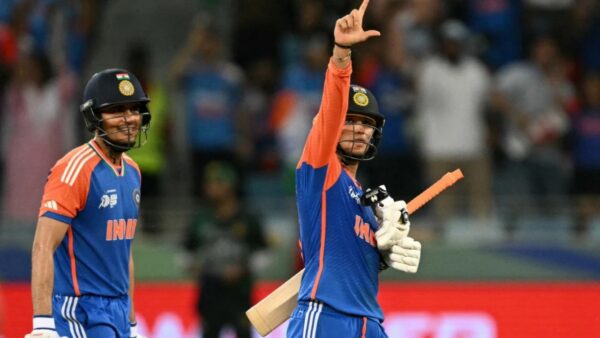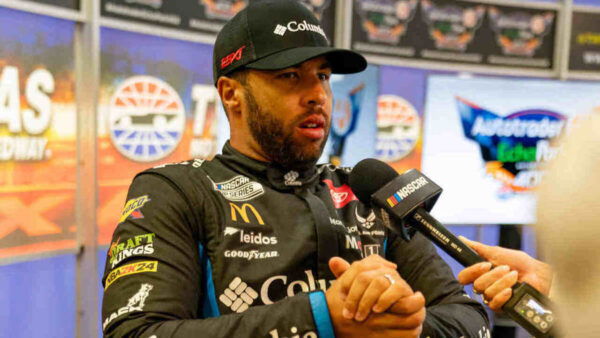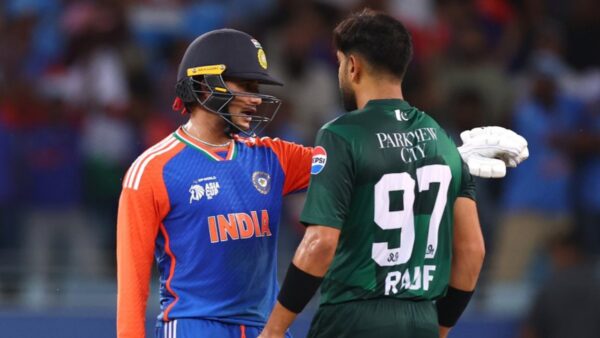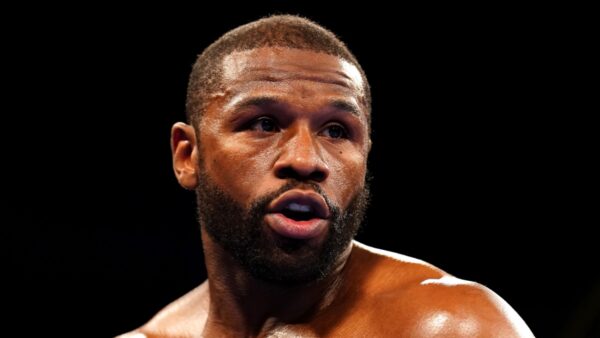Joao Fonseca Cherishes ‘Never Give Up’ Mentality Against Stefanos Tsitsipas After Comeback Win in the Davis Cup
Joao Fonseca adds to the incredible 2025 season he has been having so far.
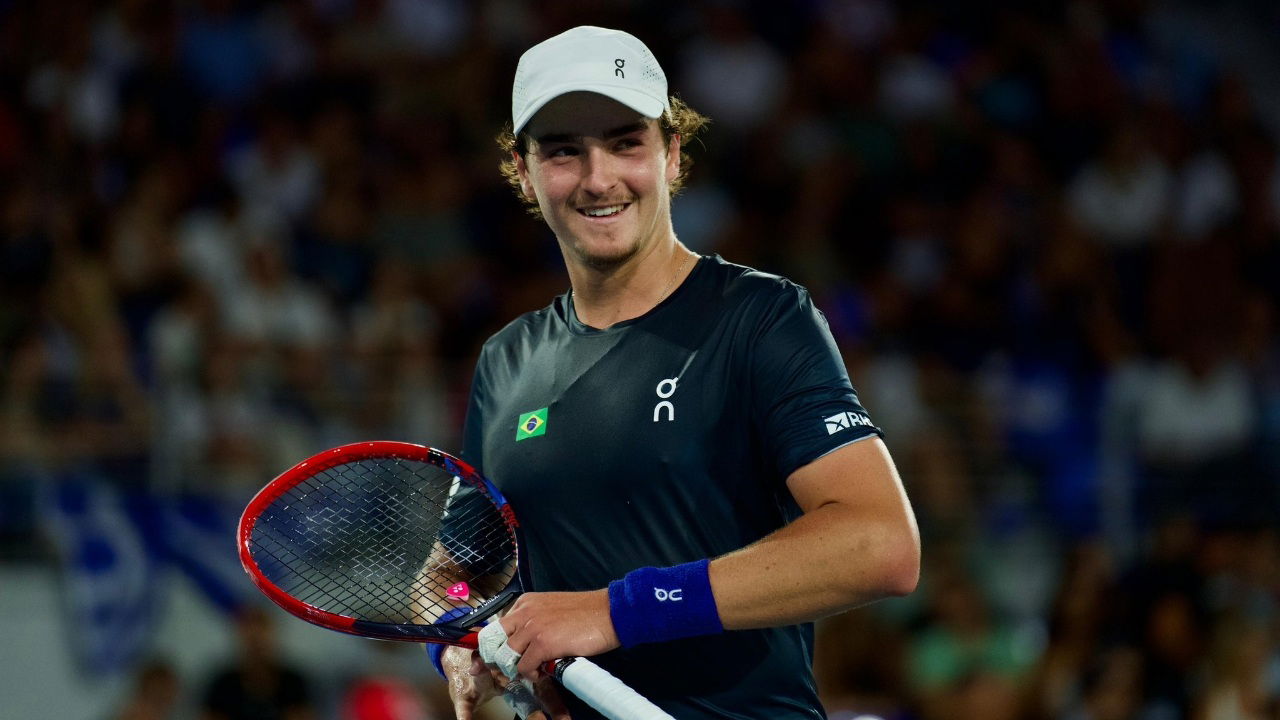
Joao Fonseca (via Davis Cup)
🔍 Explore this post with:
Joao Fonseca has continued his sensational breakthrough year of 2025 with a comeback win over Stefanos Tsitsipas in the Davis Cup. The Brazilian has made plenty of headlines since his Nitto ATP Next Gen Finals win last year.
After his win at the Davis Cup, he shared his perspective about the ‘never give up’ mentality from his Brazilian roots. He hopes to bring the Davis Cup to his country, which would be his biggest trophy till date. Fonseca said in his post-match interview:
In Brazil, we say ‘when we are Brazilian we never give up,’ and when you’re playing for your country, you cannot not believe. I wanna thank my team for supporting me to the end. I was just looking at them and the support each point. I knew he’d be nervous. He’s in Greece, he’s losing 1-2 in the tie. He’s more nervous. I just played my game. I’m very happy to win this match.
Fonseca initially made headlines at the Australian Open, where he knocked out Andrey Rublev in straight sets. Then, he reached the third round of Roland Garros with a few impressive displays.
Although many are already trying to put him in the same bracket as Jannik Sinner and Carlos Alcaraz, he is still new to this field. Many experts, such as Andy Roddick, feel that Fonseca needs more time on tour to develop himself as a Grand Slam candidate.
Novak Djokovic spotted in the Stefanos Tsitsipas Joao Fonseca clash
Novak Djokovic, the 24-time Grand Slam champion, was spotted in Athens attending the Davis Cup tie between Greece and Brazil. He appeared as a spectator for one of the most anticipated matches of the weekend, Stefanos Tsitsipas against Joao Fonseca.
The Serbian star had initially been listed to play for his country against Turkey but opted to take a break following his US Open campaign. Despite his absence, his teammates secured Serbia’s 3-1 victory, guaranteeing a place in the 2026 qualifiers where Djokovic may return.
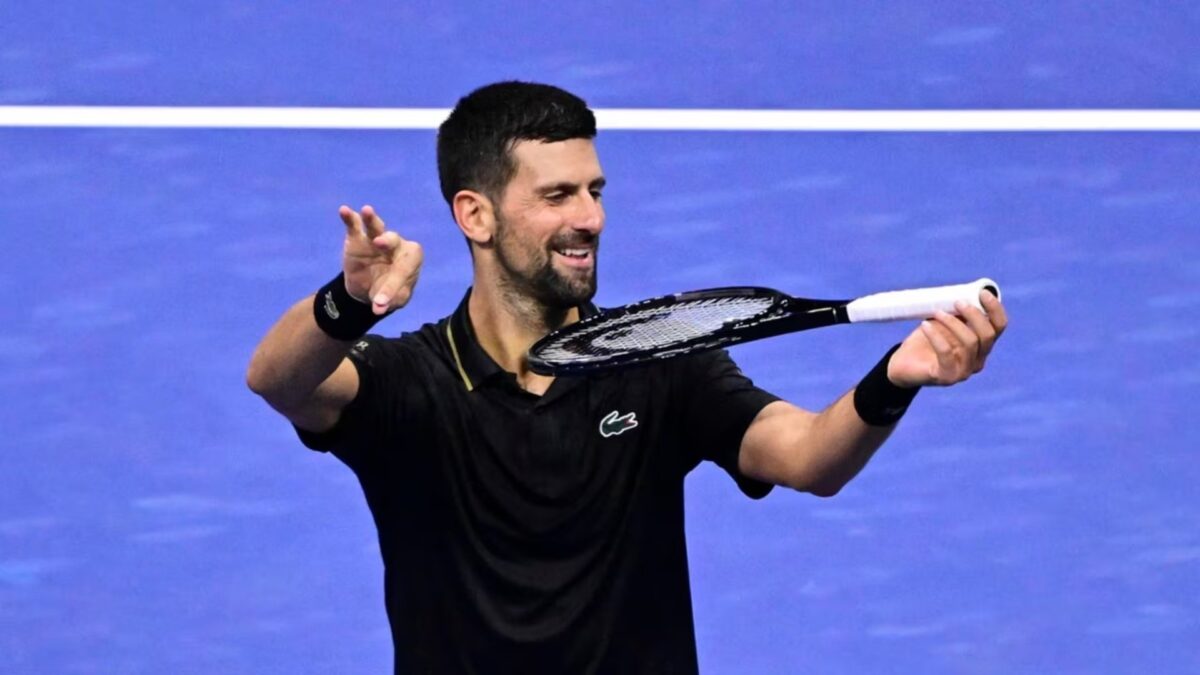
Djokovic’s presence in Athens comes after his decision to move his residence from Belgrade to the Greek capital. Reports suggest disagreements with the Serbian government pushed him to relocate with his family. Serbian president Aleksandar Vucic had criticized him for supporting protests back home, which deepened tensions. The tennis legend has since settled in Glyfada, a prestigious residential area.
Novak came to watch Tsitsipas – Fonseca match😍 pic.twitter.com/8EQ5yGTg2r
— Gerda Pardiac (@GerdaPardiac) September 14, 2025
The move has influenced both personal and professional aspects of Djokovic’s life. His two children, Stefan and Tara, are now enrolled in an elite Athens school. He has also been seen training with his son at the Kavouri tennis club.
Last summer, he met with Prime Minister Kyriakos Mitsotakis to request a Golden Visa, granted to individuals who make significant investments in Greece. The relocation also shifted the ATP 250 Belgrade Open—owned by the Djokovic family—to Athens, bringing an ATP event back to Greece after three decades.
The Davis Cup clash itself was intense. Fonseca won the opening match against Stefanos Sakellaridis, while Tsitsipas leveled the series with a commanding win over Thiago Seyboth Wild. Brazil then regained the lead with a doubles victory from Rafael Matos and Marcelo Melo.
The decisive moment came when Tsitsipas faced Fonseca on the second day. Among the cheering fans was Djokovic, attending with his son Stefan, receiving a warm ovation from the Greek crowd as Athens’ newest high-profile resident.
The weak points of Joao Fonseca
Brazilian tennis sensation Joao Fonseca began the season with great promise, but his progress has slowed in recent months. His biggest issue has been the tendency to repeat the same mistakes in nearly every match. Naturally aggressive, the young Brazilian prefers to dictate points and attack, but this approach has often backfired, leading to too many unforced errors and disappointing results.
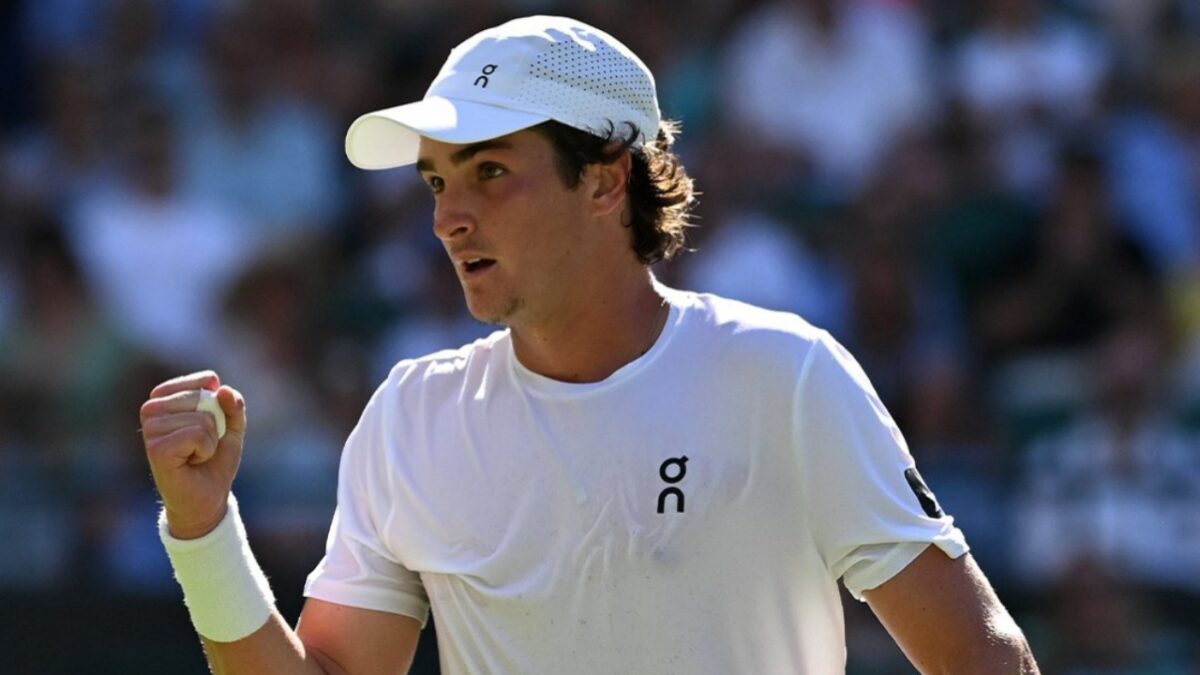
Against opponents who are solid from the baseline, Fonseca frequently loses patience. He tends to go for risky winners from poor positions on the court, which inflates his error count. Recent statistics illustrate the problem: in Cincinnati, he produced 70 winners but committed 104 unforced errors across three matches, finishing with a costly deficit of -34 points. Such numbers make it extremely difficult for him to advance deep into tournaments.
Playing attacking tennis is not the problem—doing so without control is. Fonseca needs to develop point construction skills, use his strengths more strategically, and learn when to pull back instead of going for a low-percentage shot.
His team’s emphasis on offense is understandable, given his talent and shot-making ability, but without alternative plans, he risks being one-dimensional. The example of Jannik Sinner shows how to balance power with precision, consistently aiming near the lines without sacrificing control.
At just 19, Fonseca still has time to refine his game. Greater patience, sharper accuracy, and improved baseline movement could allow him to maximize his aggressive style while limiting errors. Modern tennis demands quick feet and stability on the court; without those qualities, attacking players struggle against today’s high pace. If he and his team can address these weaknesses, Fonseca has the potential to turn his raw power into consistent success.
Also Read: Laver Cup Captain Compares Jannik Sinner and Carlos Alcaraz’s French Open Final to PlayStation

